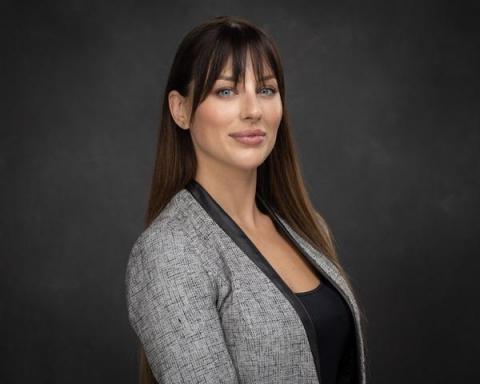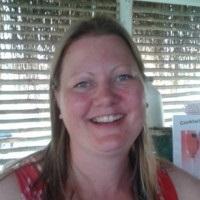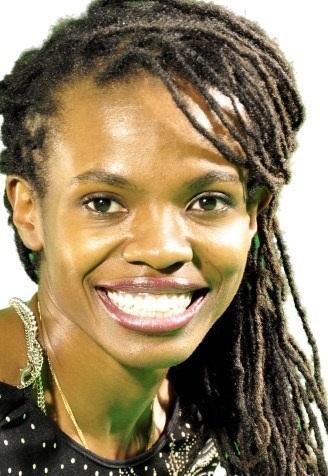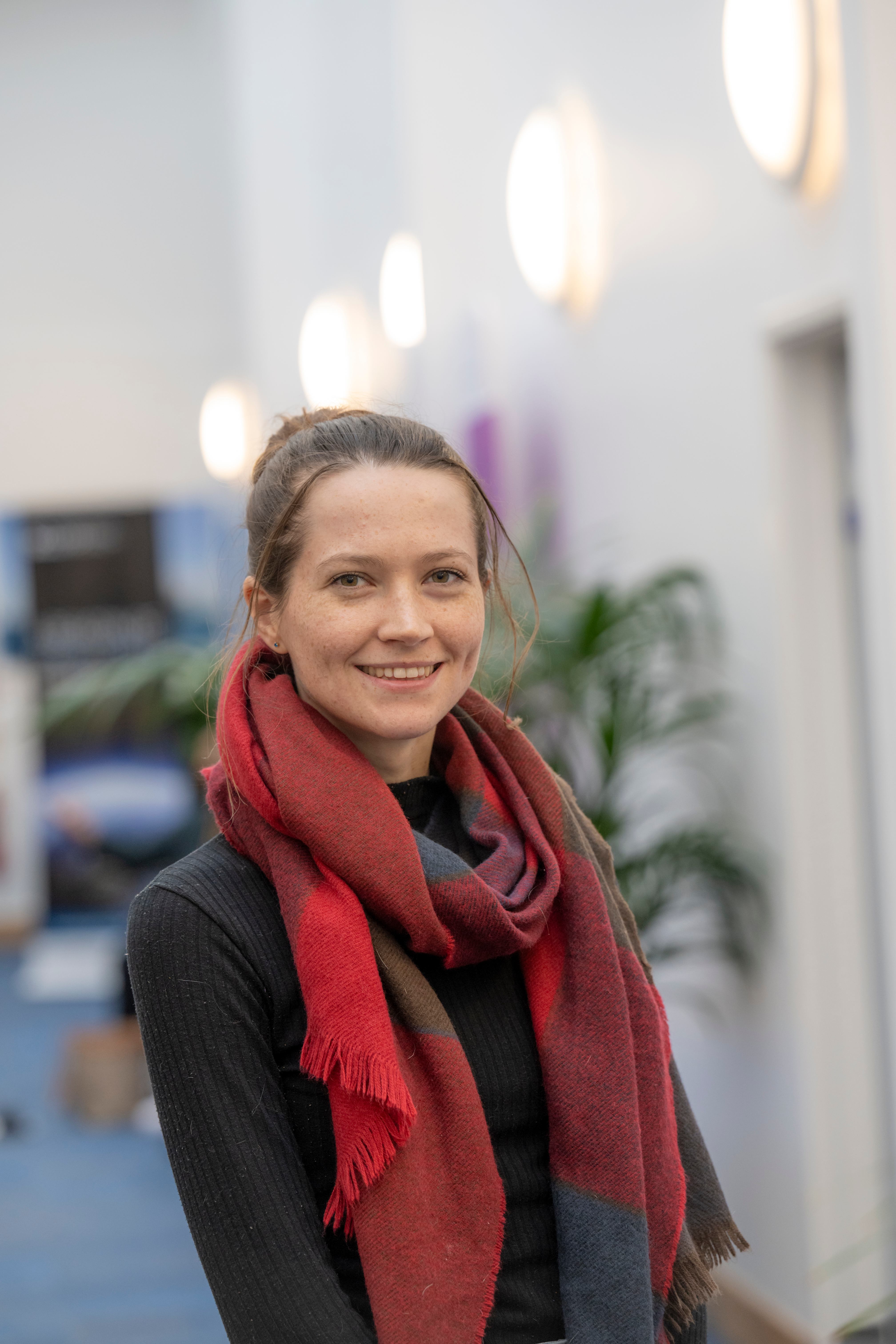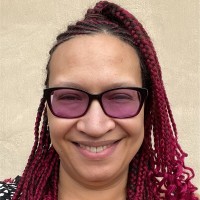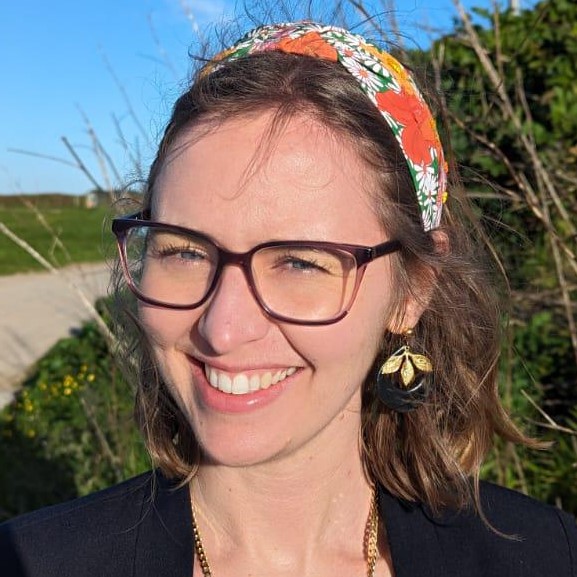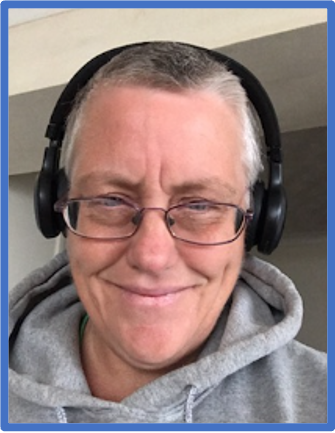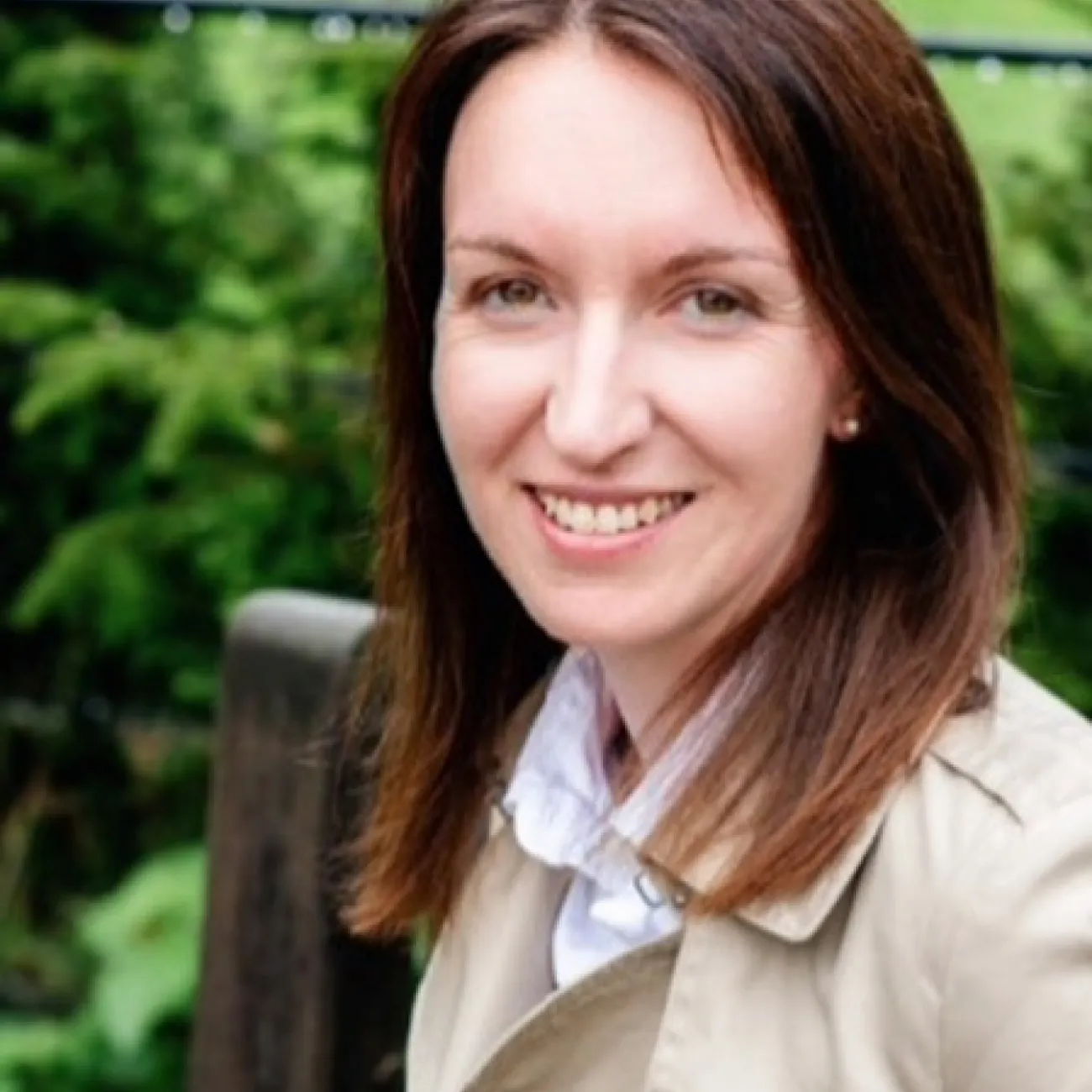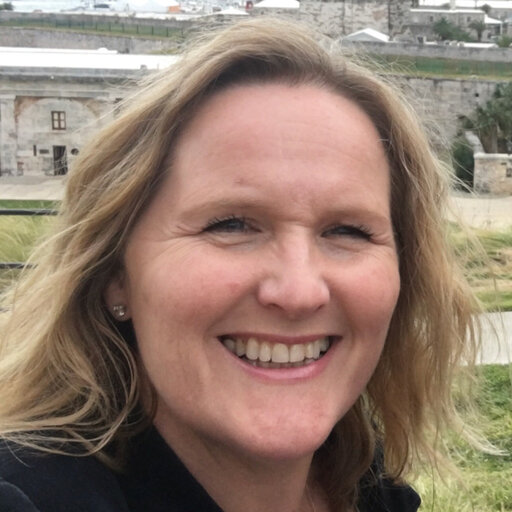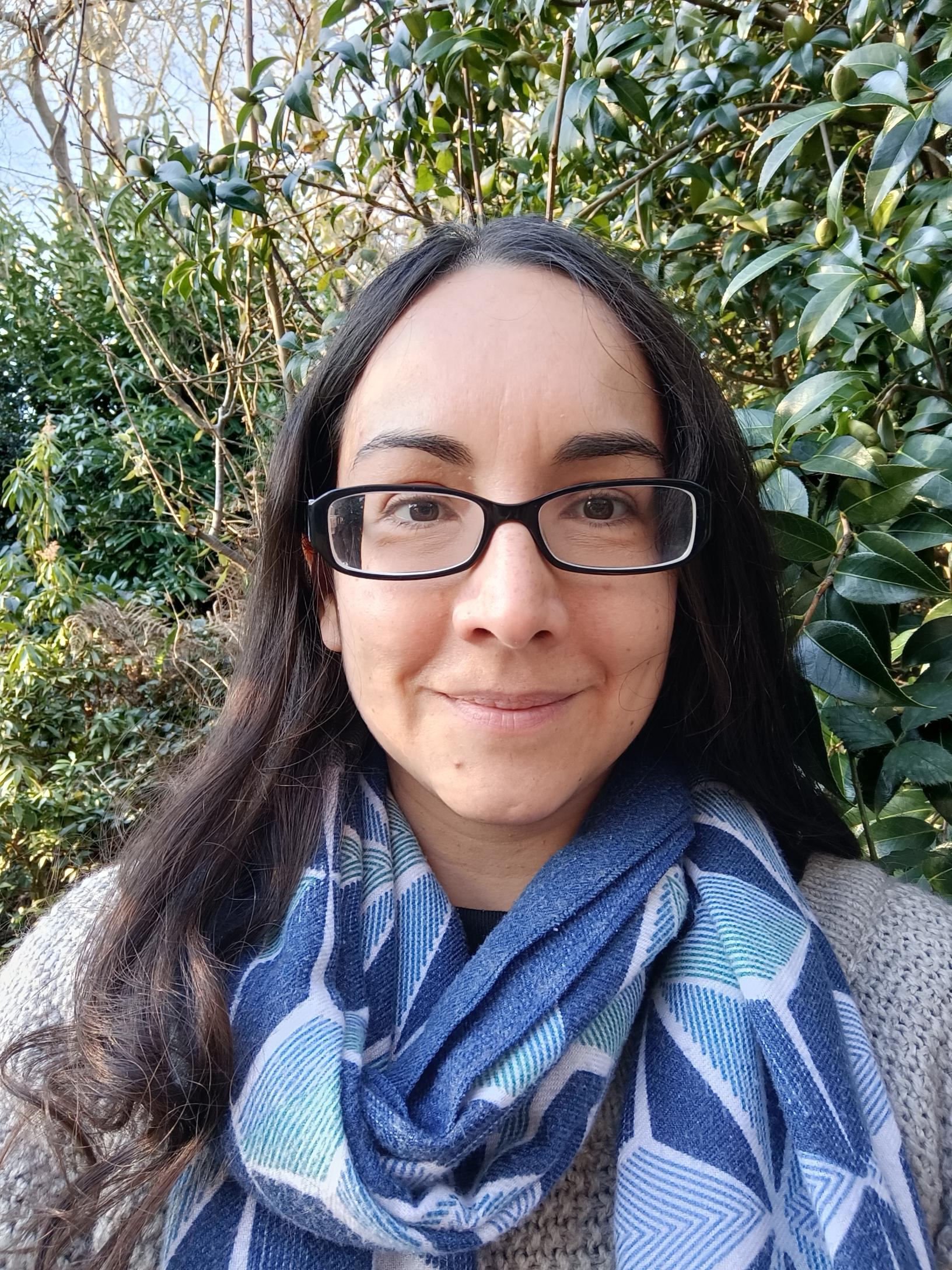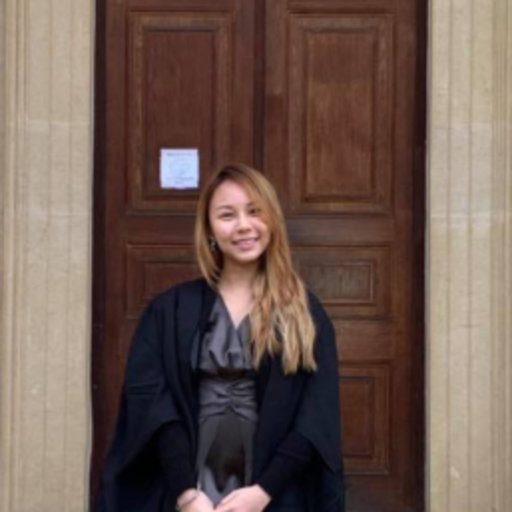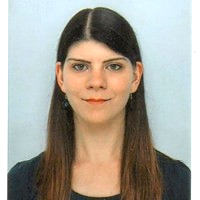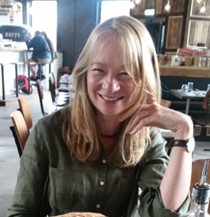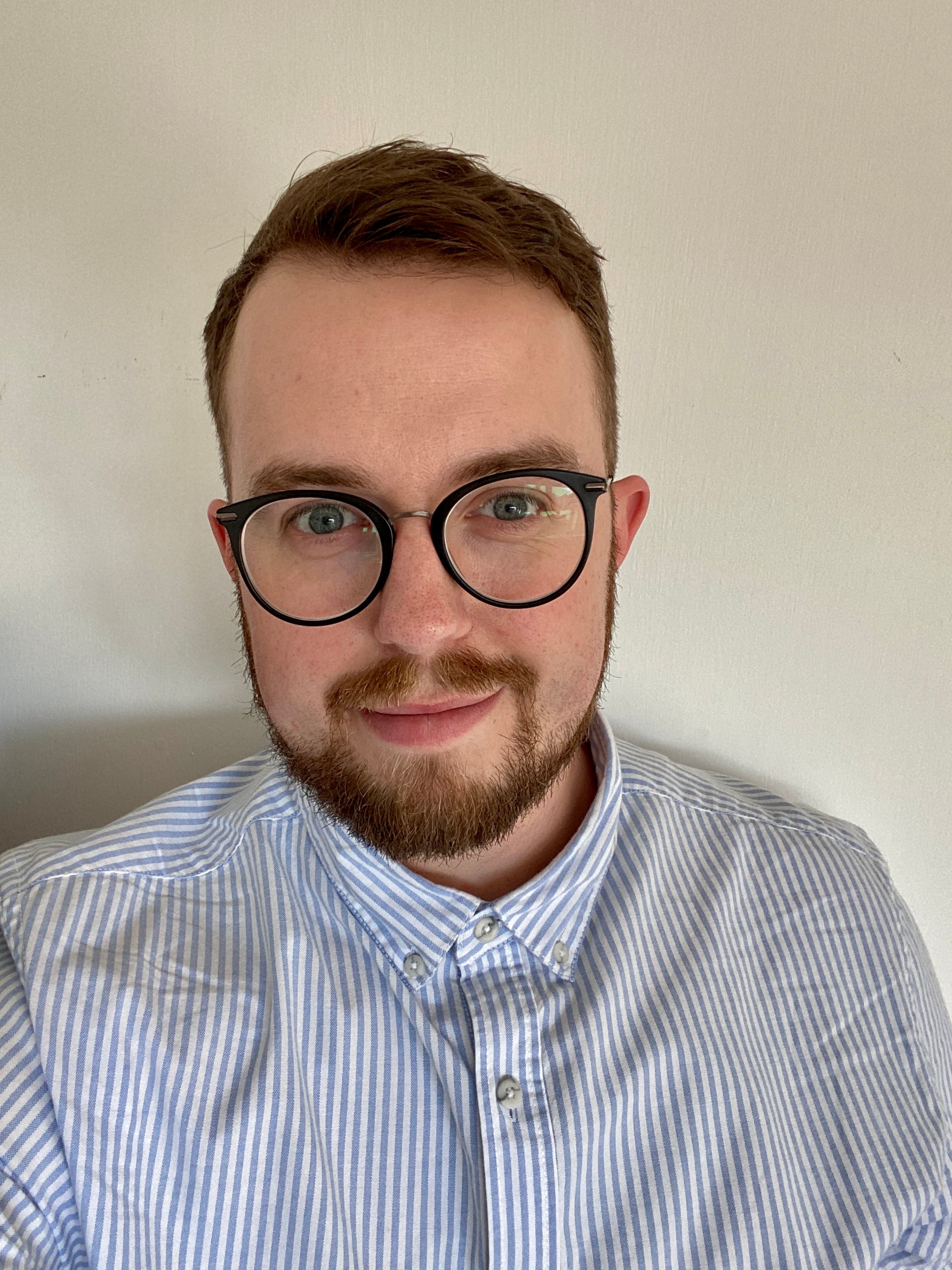ACoRNS
What is ACoRNS?
The Autism Community Research Network @ Southampton [ACoRNS] is a research-practice partnership that aims to improve the lives of autistic children and young people within education through addressing the marginalisation and underrepresentation of their views and experiences.
Working together with special and mainstream educational settings from early years through to Higher Education we:
- focus on the transitions and trajectories of autistic children and young people
- decide what questions can be addressed by research and that matter to practitioners and the autism community
- put children’s voices and experiences at the centre of our work through using collaborative, creative and participatory methods (see iamdigitalstories.org.uk)
- make a difference to practice
Of course, we would not be able to do this work without our generous funders: University of Southampton (Impact Acceleration Fund), Froebel Trust, UKRI (ESRC), and the ESRC Festival of Social Science.
We know that the language and terminology we use matters and say more about that here.
Find out more about our sister organisation - ACoRNS Sussex.
We really welcome your interest and ideas so please do get in contact with us
Research Themes
Co-constructing the evidence base
- Co-constructing the evidence base focuses on participatory approaches to research that respect the diverse knowledges needed for informing and co-creating the autism research evidence base. Examples include working with Aviary Nursery in our Froebel Trust funded research to develop the powerful and innovative approach of ‘I am’ Digital Stories for enabling the voices of young autistic children in their transitions to primary school, and extending this methodology to other groups and transitions in our ESRC-funded ‘Our Stories’ project led by Professor Parsons. Examples of our published work on ‘I am’ Digital Stories include: a case study of Dominic’s move from special school into adult social care; Lil’s self-authored, filmed and edited ‘I am’ Digital Story to support her move into post-education training; collaborative research with Hill House School where ‘I am’ Digital Stories enabled young people with complex needs to contribute their voices to post-education transitions; More information and resources for creating ‘I am’ Digital Stories can be found here.
Creative and participatory methods for pupil voices
- Creative and participatory methods for voice are embedded throughout many of our projects, including ‘I am’ Digital Stories. Additionally, we collaborated with Springwell School to develop a storyboard method for understanding primary-aged autistic children’s everyday experiences of inclusion in resourced provision. Other creative outputs include: Fizzacc: the work of our former Doctoral student Dr Chloe East who collaborated with a group of six autistic girls over many months to develop awareness-raising resources for schools about the distinctive needs and experiences of autistic girls; School Daze Comic: co-created with autistic young people and educational professionals to support young people in their transitions to secondary school.
Looked-after children and young people
- Looked-after children and young people are substantially under-researched in the autism field. Our work has included collaborating with a parent on using Freedom of Information requests to Local Authorities to find out about the numbers and awareness of autism diagnoses amongst looked-after children and young people. Our Educational Psychology Doctoral trainees have focused their research on the experiences of Virtual School Heads and Designated Teachers.
Autistic girls and intersectional identities
- Autistic girls and intersectional identities are increasingly important topics as greater awareness builds about how gender and other protected characteristics intersect with neurodivergent profiles to shape experiences and societal understanding. We are supervising Doctoral research focusing on the school experiences of late diagnosed Black and Black mixed-heritage women and girls through the Black Futures Scholarship scheme; and developing culturally responsive Educational Psychology practice.
School attendance and alternative forms of schooling
- School attendance and alternative forms of schooling is a timely and important topic, especially post-pandemic. Professor Kovshoff is leading research funded by the British Academy / Leverhulme for a project that focuses on: ‘Why are so many autistic girls absent from mainstream secondary school? Knowledge co-production with autistic girls and their families. We have also worked collaboratively with a secondary mainstream school in the North West of England to explore experiences and challenges of school non-attendance from the perspectives of staff and autistic students. Current Doctoral researchers are: collaborating with the home-education co-operative group Broadleaf to explore the experiences of home-educated, neurodivergent young people via arts-based methods; investigating patterns of school attendance difficulties for autistic girls over time in large datasets.
ACoRNS Funders

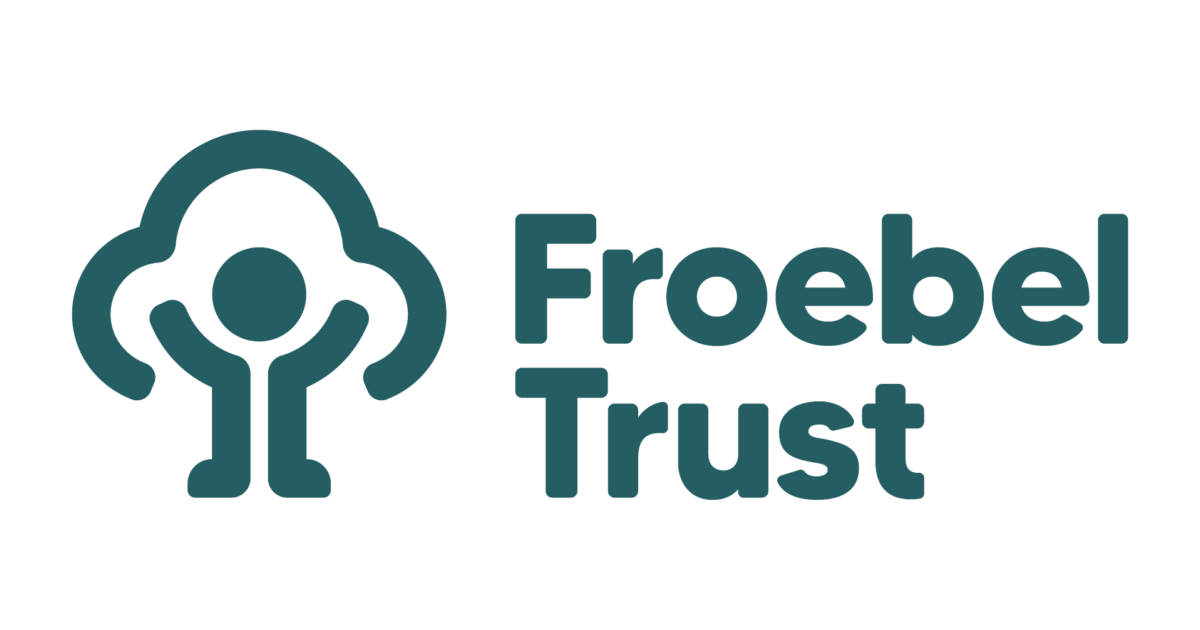
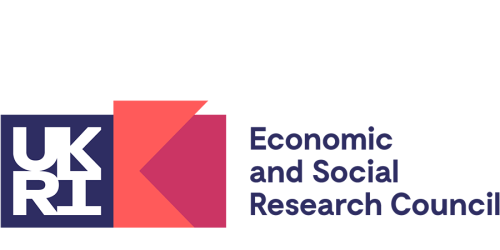
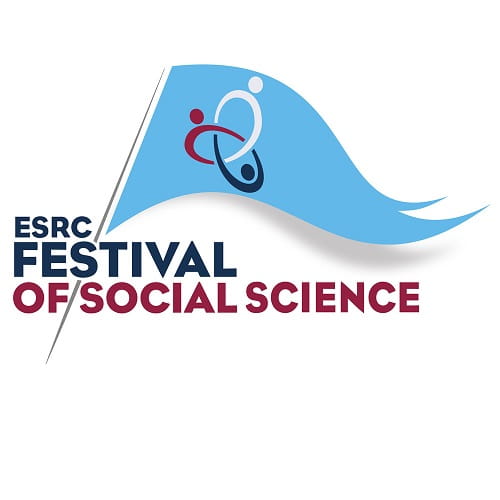

Who We Are
ACoRNS began in November 2016 with initial funding from the University of Southampton’s Public Engagement with Research Unit and is co-directed by Professor Sarah Parsons, from the University’s Education School, and Professor Hanna Kovshoff from the School of Psychology. We work in partnership with a Steering Group of experienced education professionals with expertise in supporting autistic children and young people.
ACoRNS research brings together academics, educators, experts by experience, speech and language practitioners, educational psychologists, researchers, and students.
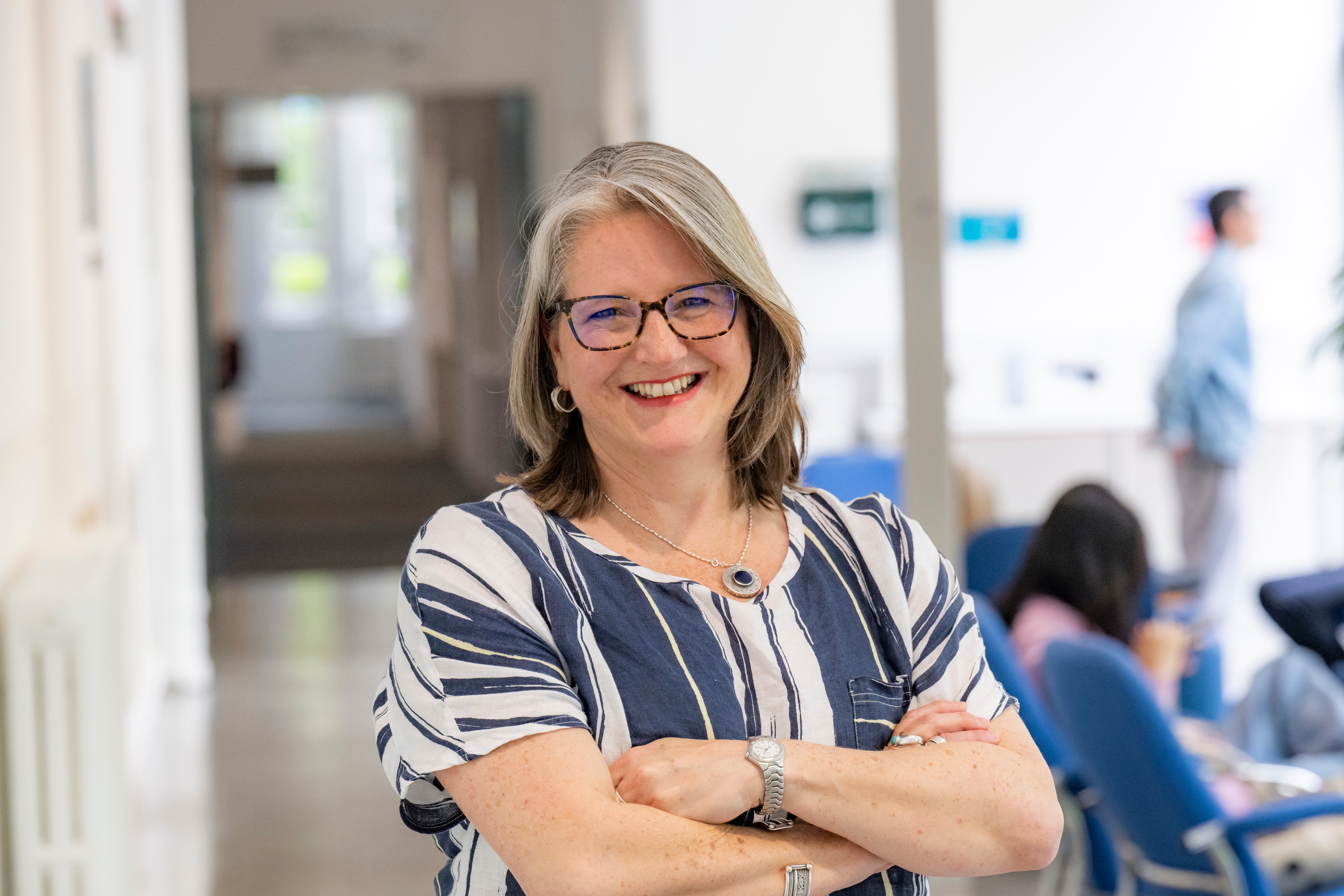
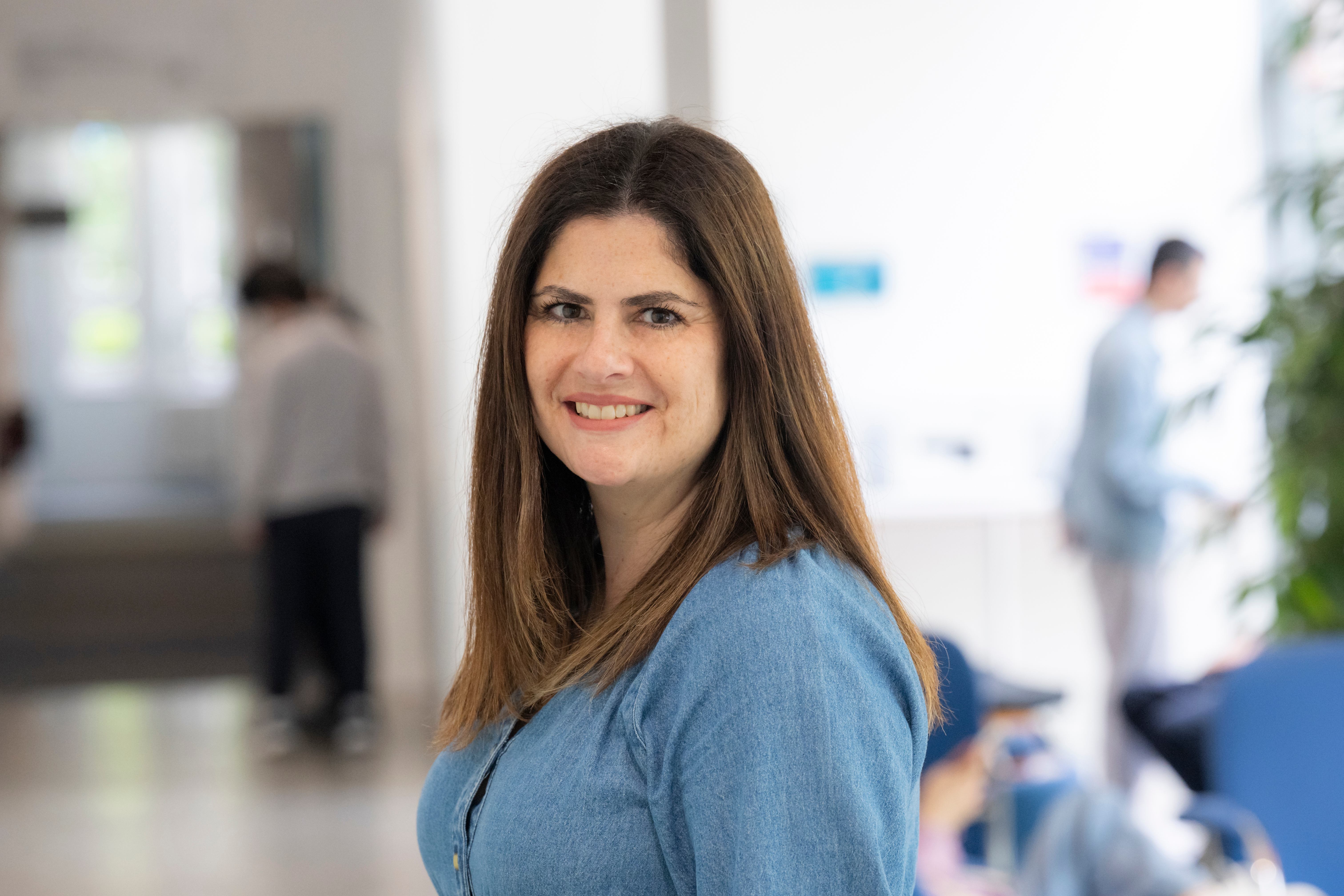
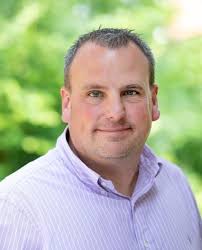
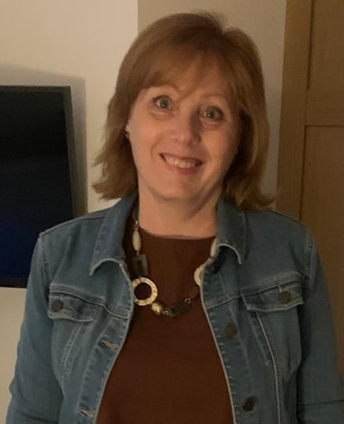
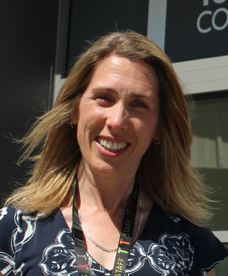
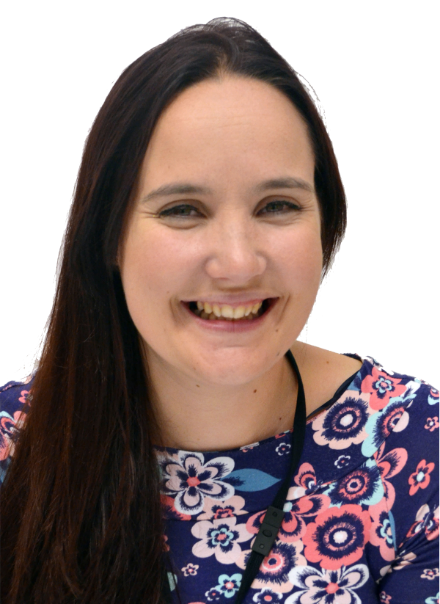
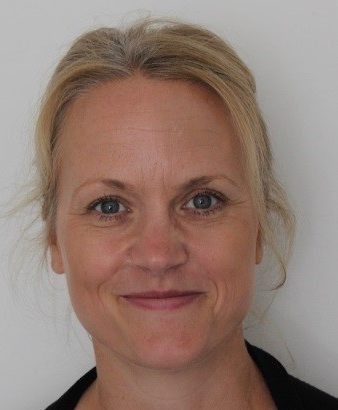
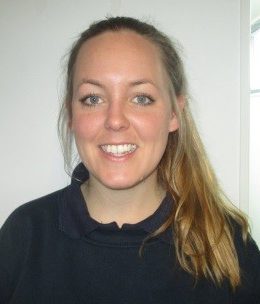
.jpg?h=94b67e91f3dddb45b946108f897a18bb)
